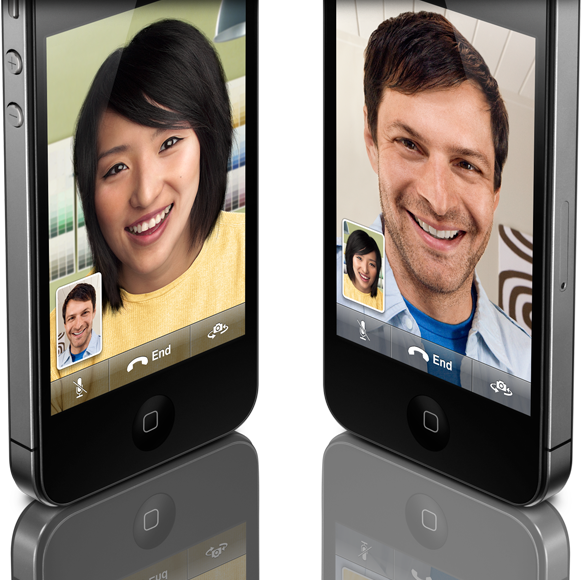 I was reading the WSJ again today and came across an Op-Ed by Holman Jenkins, Jr. titled "Obama vs. BP and You". Mr. Jenkins is a smart man, no doubt. However, his editorial really misses the most relevant point around the BP disaster: how duplicitous and irresponsible many of the American PEOPLE are because their behavior is a significant contributor to disasters like the current BP situation in the Gulf.
I was reading the WSJ again today and came across an Op-Ed by Holman Jenkins, Jr. titled "Obama vs. BP and You". Mr. Jenkins is a smart man, no doubt. However, his editorial really misses the most relevant point around the BP disaster: how duplicitous and irresponsible many of the American PEOPLE are because their behavior is a significant contributor to disasters like the current BP situation in the Gulf.
Before I continue, you should know, I live in Louisiana. My uncles and relatives make a living from the oil and gas industry and from the seafood industry. Point is the situation is disturbing and I believe that my friend Mr. Jenkins and many others should start spending less time blaming others and more time taking responsibility.
Now obviously BP's hands are dirty here. They demonstrated some pretty irresponsible behavior. However, when you are drilling for oil a mile under the ocean, anything that can go wrong will go wrong. That the disaster is a surprise is a joke and I don't recall folks failing to fill up their tanks given concerns before the crisis unfolded. There weren't any, so long as oil remained relatively cheap.
Holman in his Op-Ed, like many commentators today, fails to address the most pertient issue : the BP disaster and the public's response is a reflection of our hypocritical culture. As a nation we cannot on the one hand bemoan our political leadership, whom we elected, and cry foul to BP either for their conduct, while we turn the thermostat down to a more comfortable 74 degrees. You can't have your cake and eat it too and that is the trouble today. Most American's are driving around in their SUV's while being "concerned" about the ecology. Give me a break - and Mr. Jenkins your editorial doesn't help folks realize their culpability when you attempt to paint Obama as being the culpret against poor BP and us. Don't hate the player, hate the game.
Little effort has been made to do anything about curbing consumption of power based on fossil fuels, despite all of the obvious consequences. Somehow people cannot connect the dots between their personal choices and outcomes and commentators like Mr. Jenkins don't help the matter, when he writes:
"A policeman kicks out your taillight and then writes you a ticket for a faulty taillight. A president announces a moratorium on offshore drilling as a sop to a section of his public that always opposes drilling, and to be seen "doing something." Then he turns around and demands that BP compensate those injured by the president's own careless action. Mr. Obama may not quite have committed the miracle of converting Tony Hayward into a sympathetic character, but voters who aren't keen on higher energy prices should be watching closely. Their taillight is ripe to be kicked out next."
Holman, come on man ! That is the analogy you chose ? It would be more appropriate to point out that the driver is kicking their own taillights out, not some third party cop. I suppose when the next ecological crisis happens you'll blame that one on our failure to keep up the "war on terror."
Wether you are a fan of President Obama or not perhaps if policies created higher energy prices people would start to use less fossil fuels and things like the BP disaster would be much less likely to occur. Has anyone thought about that ?












